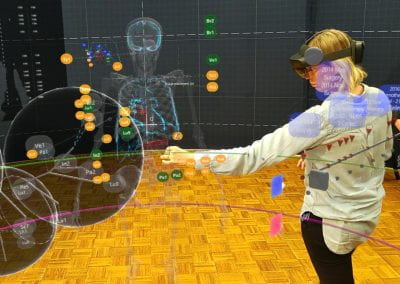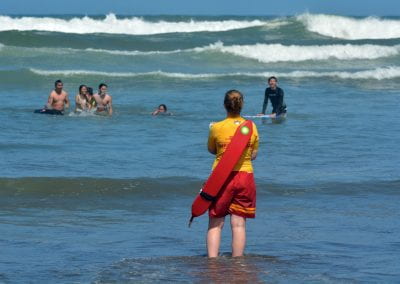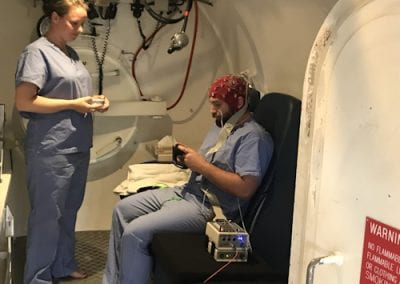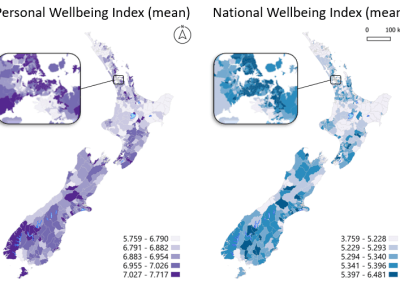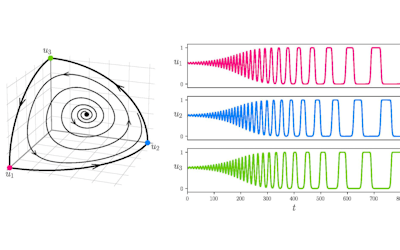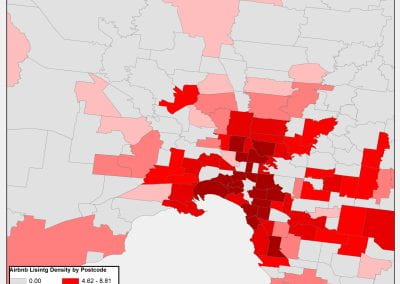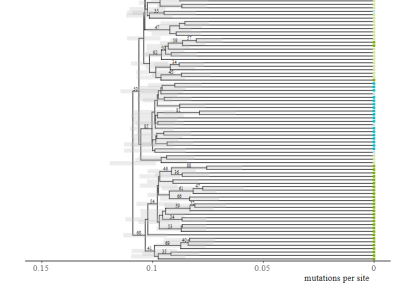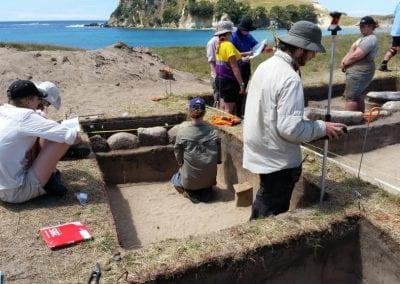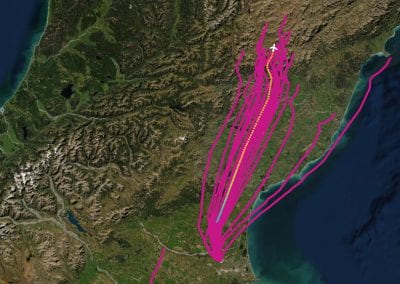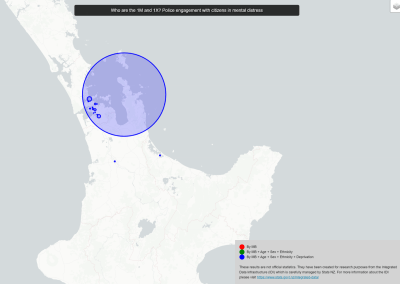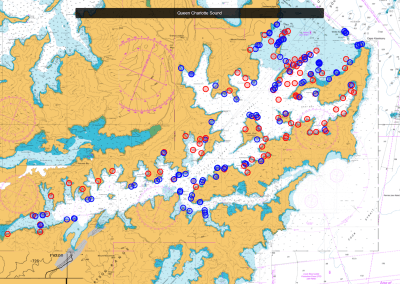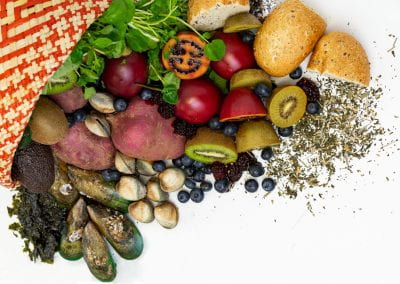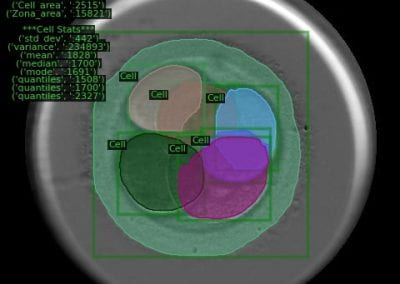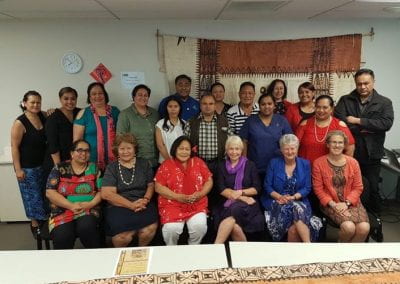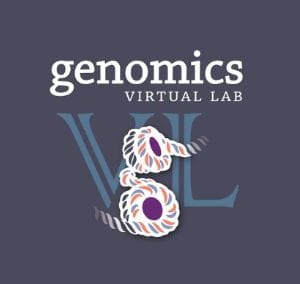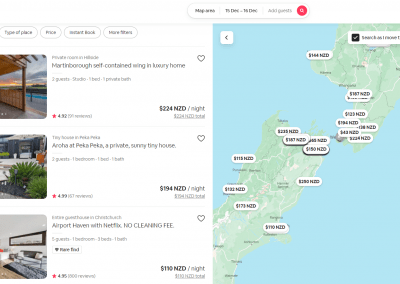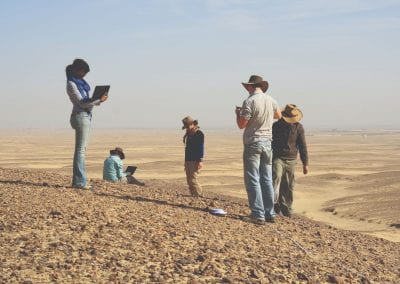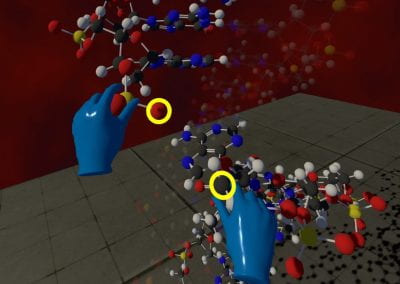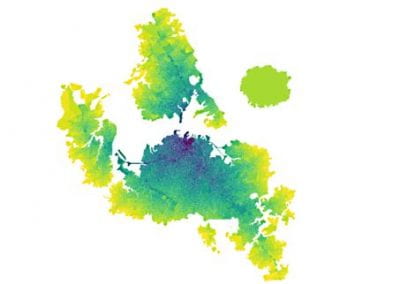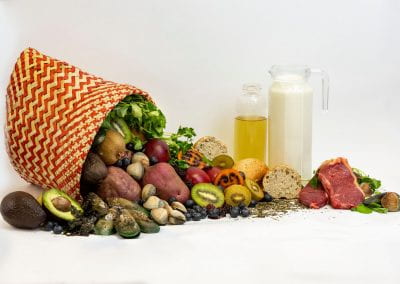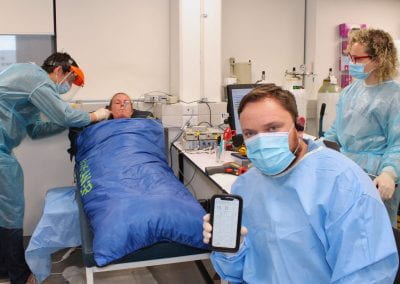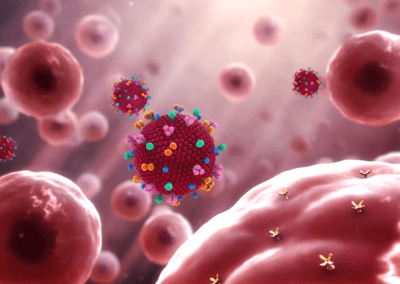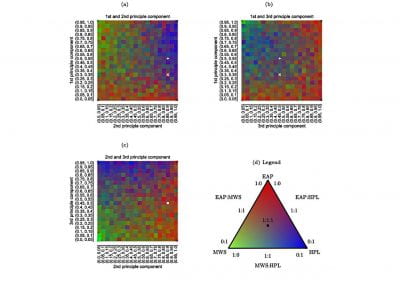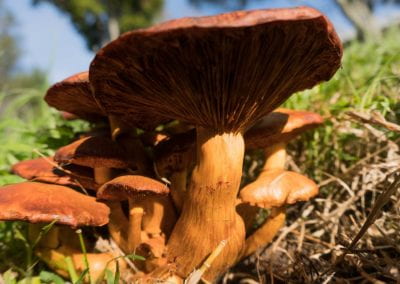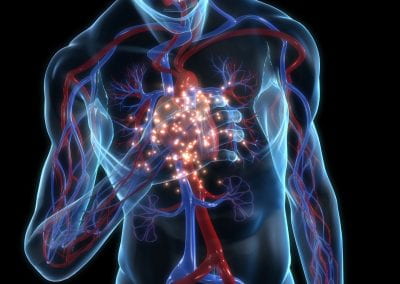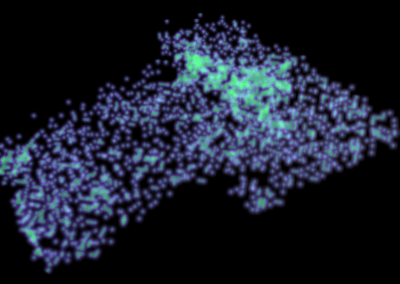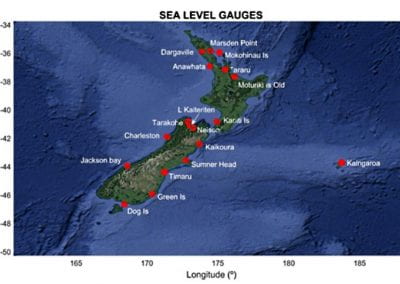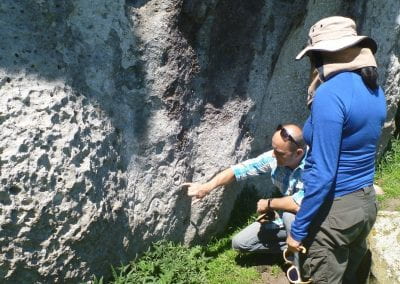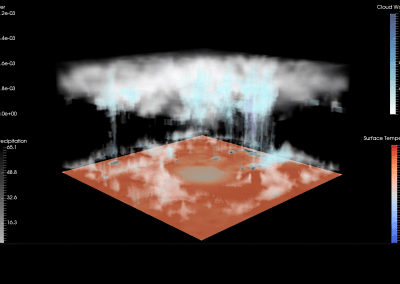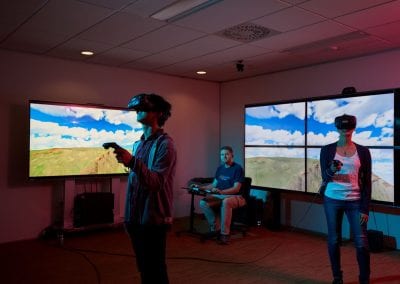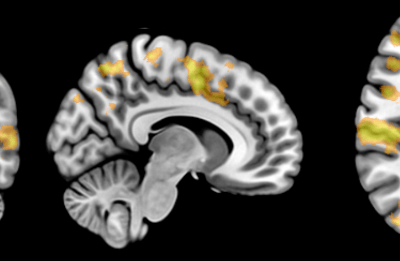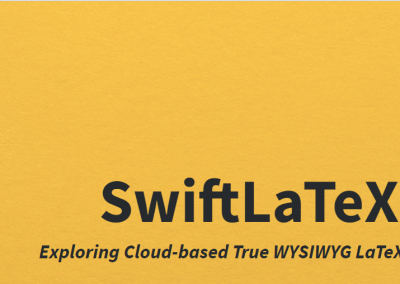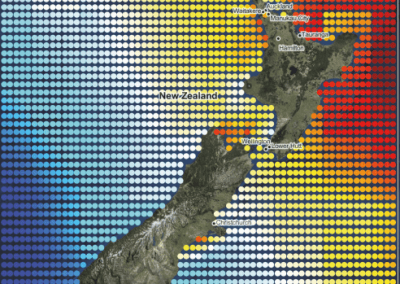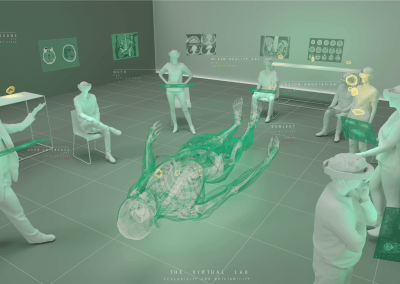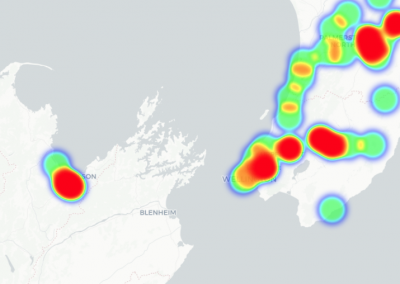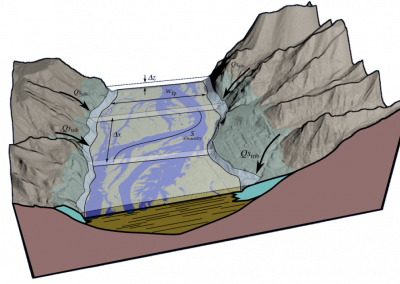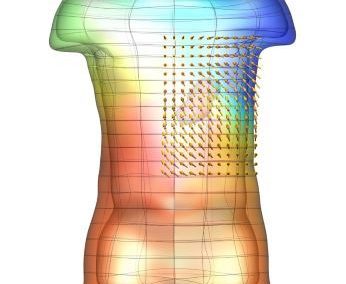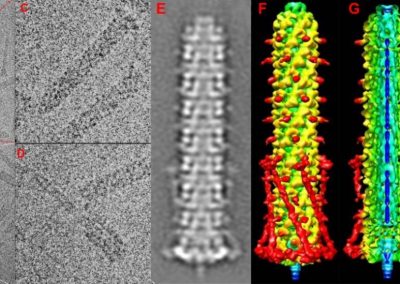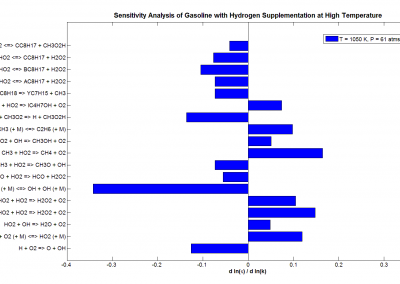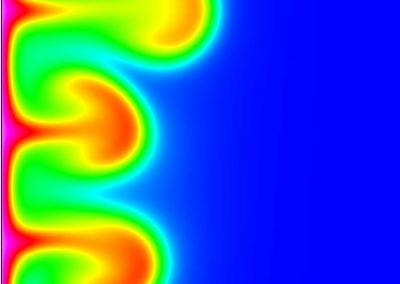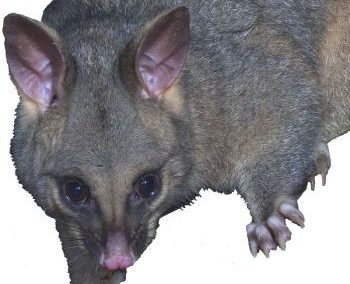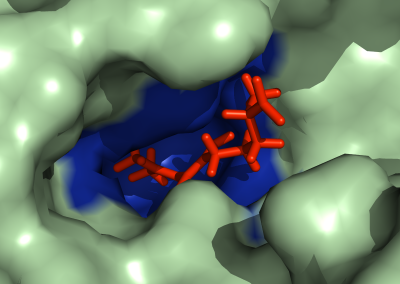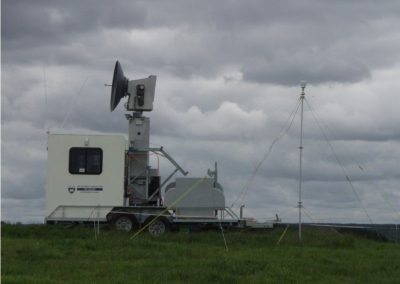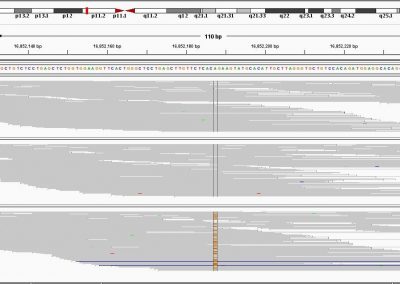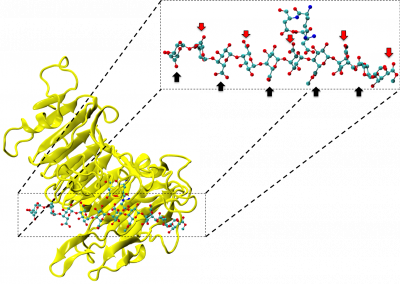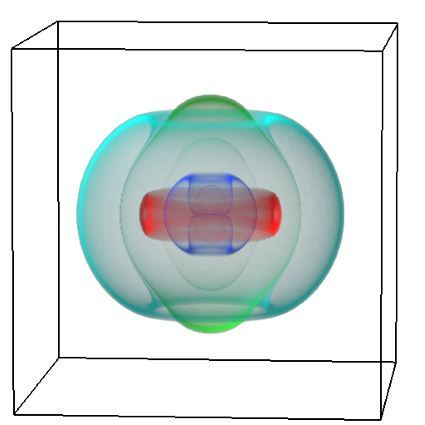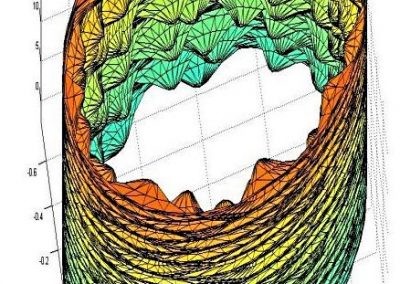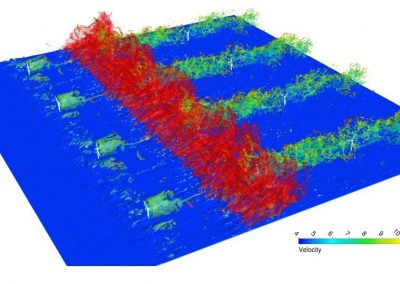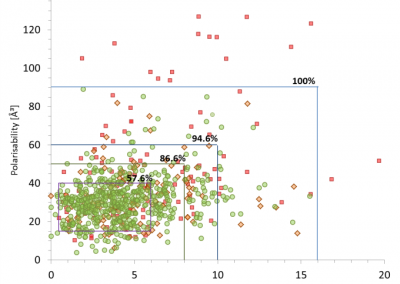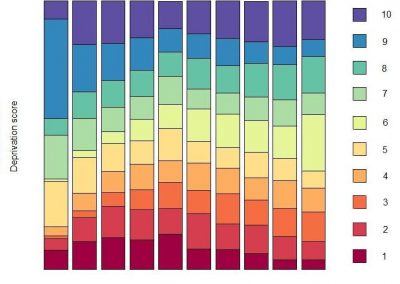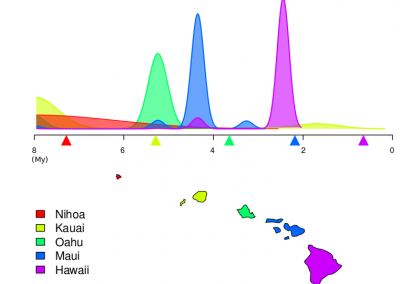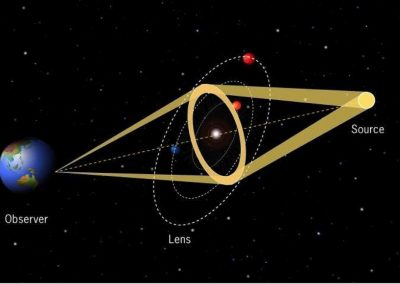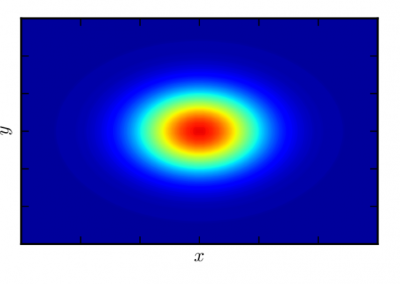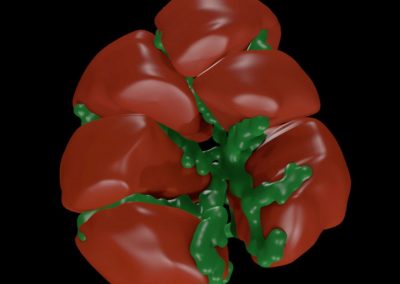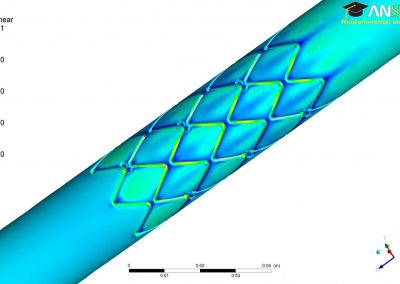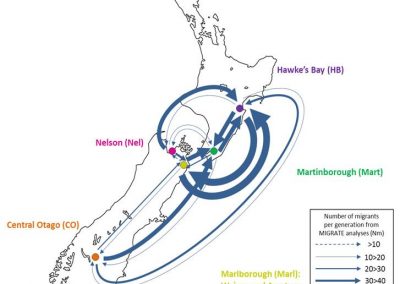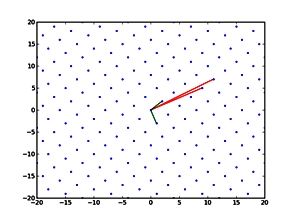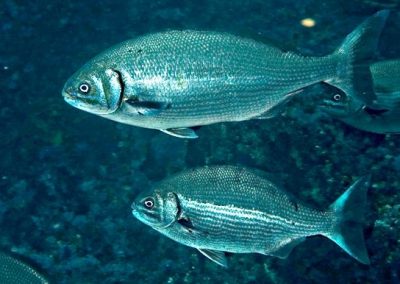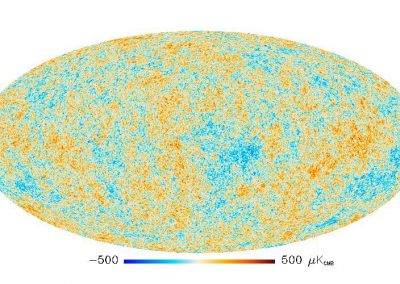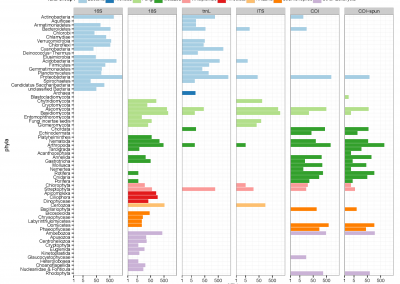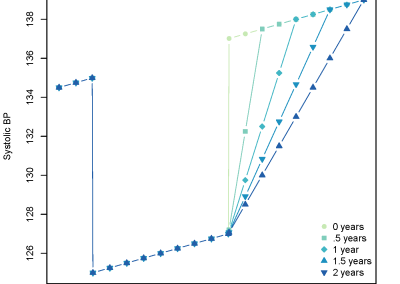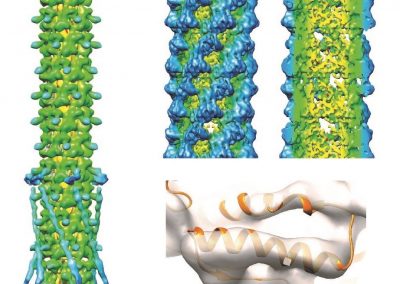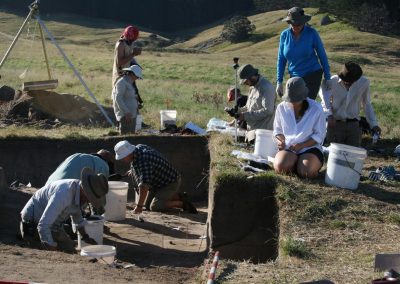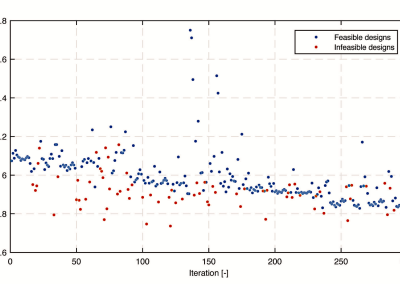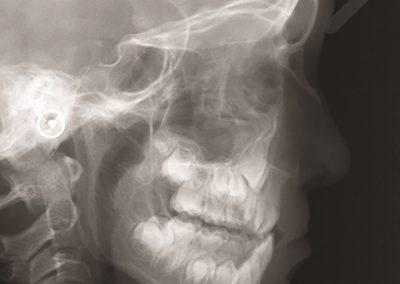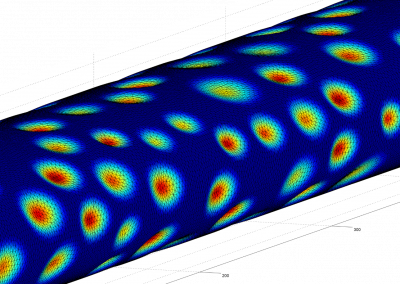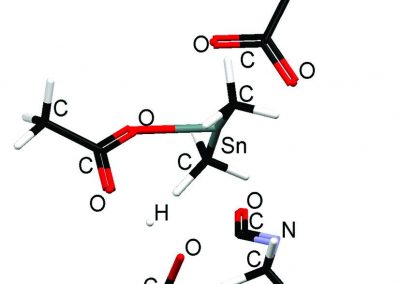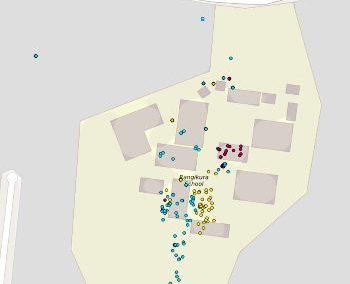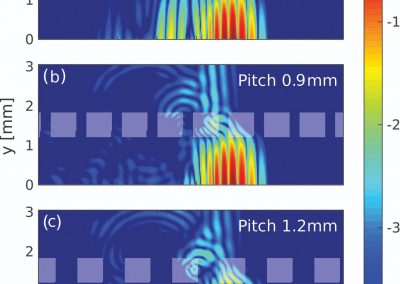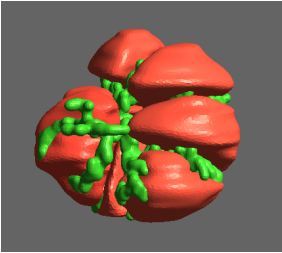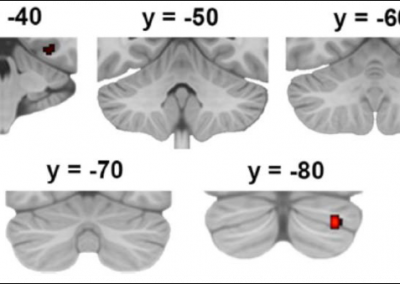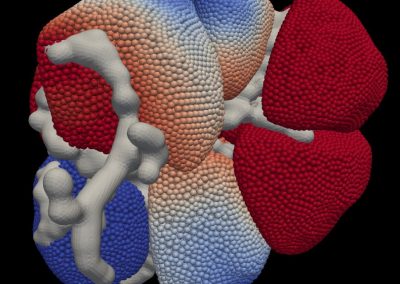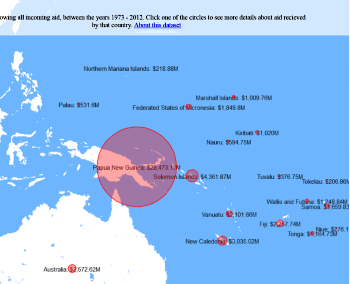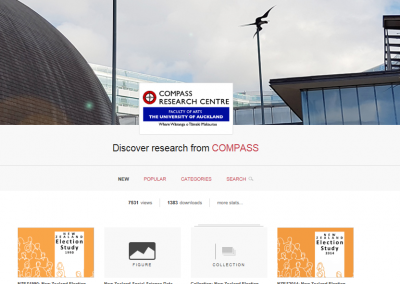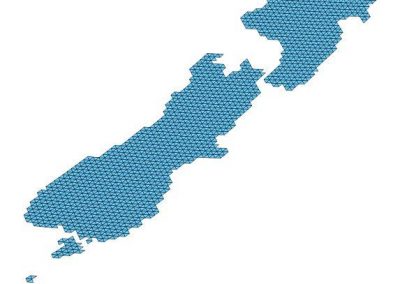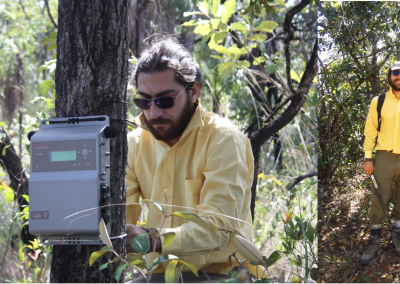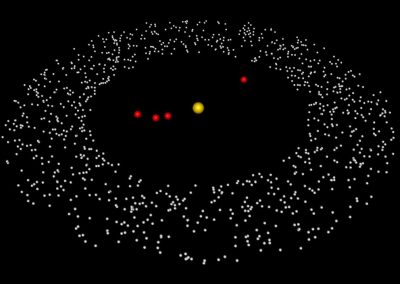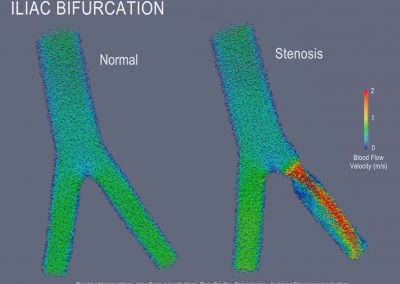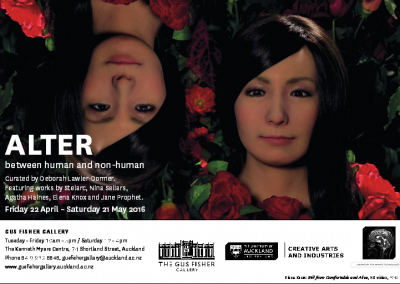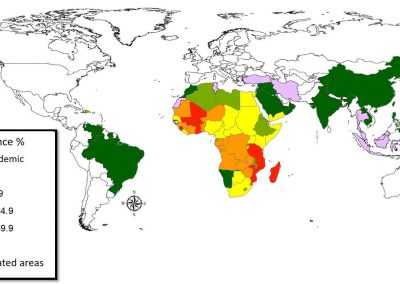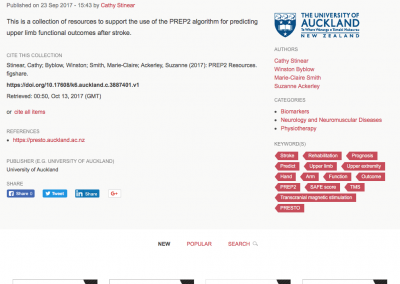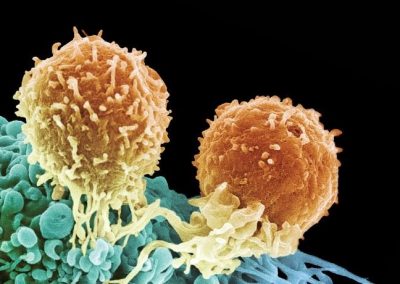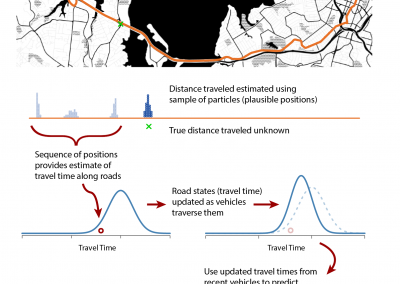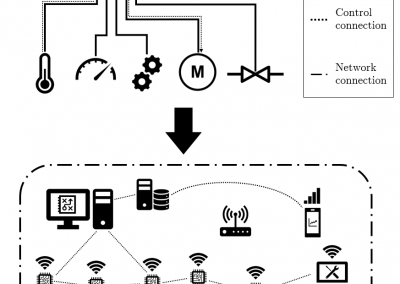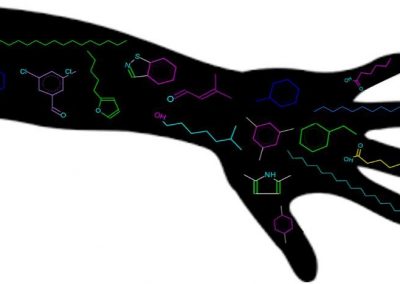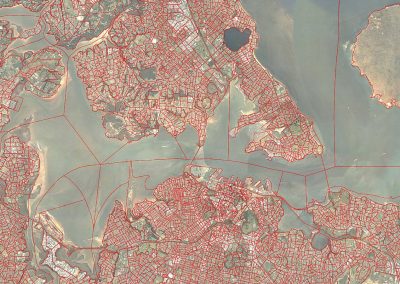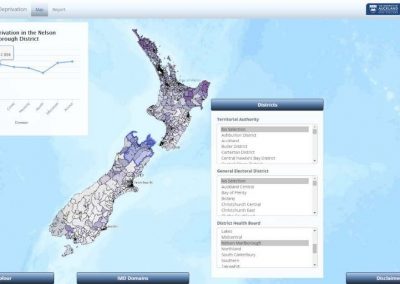
Seeding Through Feeding (SUN) project in High Value Nutrition – National Science Challenge
Principal Investigator: Professor Clare Wall, University of Auckland

Background
The aim of this research is to explore the impact of complementary foods on infant health, focusing on immunity and a reduced number of infections in early life. During infancy, the introduction of solid foods (weaning) and the changes in milk consumption are accompanied by significant gastrointestinal tract (GI), immune and developmental adaptations [Backhed 2015]. It is especially in this period of weaning that there are opportunities for the recommendations for foods that aid in the maintenance of optimal health. Recent discoveries have highlighted how the infant immune system co-evolves with GI microbiota in a mutualistic relationship, a crucial event that impacts on the host’s immune system throughout life, and how aberrant GI microbiota during infancy is associated with disease conditions later in life [Sjogren 2009; Tamburini 2016].
Seeding Through Feeding (SUN) project
The present research programme will generate knowledge and methods to support evidence for dietary guidelines for infants and potentially future product development and validation by NZ companies. The first objective of the five-year plan was to design and conduct a Randomised Controlled Trial (RCT) of identified complementary foods in Infants in NZ. The RCT was based on the results and outcomes of a pilot clinical trial (Nourish to Flourish) [Lovell 2022] and in vitro work conducted in 2018-2019. Kūmara was identified through a novel in silico approach to determine the best sources of prebiotics to nourish the infant microbiome [Michelini 2018]. The pilot study (Nourish to Flourish) [Lovell 2022] and in vitro work identified that kūmara was a safe, acceptable and commercially feasible food for infants. The pilot study also demonstrated that the majority of challenges that arise through conducting clinical research among infants can be overcome.
The randomised control trial (RCT)
Nourishing the Infant Gut Microbiome to Support Immune Health (SUN RCT) incorporated learnings from the pilot study at the following levels: (i) design of experimental prebiotic weaning food prototypes; (ii) integration and interpretation of longitudinal, multidimensional clinical with molecular phenotyping data; and (iii) documenting associations and – if possible – causality between prebiotic feeding, growth of immune health-beneficial microbes in the infant gut and reduced number of infections and vaccine- specific antibody responses.
An additional secondary outcome has been incorporated into the trial. This follows on from the contestable research project “A Good Night’s Sleep” conducted in Tranche 1 of the High Value Nutrition Programme by the University of Otago [Heath 2020]. This project hypothesised that the increased production of propionate from the fermentation of plant-based polysaccharides leads to fewer night wakings in infants. We now aim to measure sleep duration and sleep behaviour in infants in the SUN RCT and the relationship of these sleep variables with the production of short chain fatty acids. This research is conducted in collaboration with the University of Otago.
The research incorporates a systems nutrition approach which is made possible through interdisciplinary collaboration among researchers and students and across organisations (AgResearch, Malaghan Institute, Riddet Institute, Massey University, Plant and Food and Otago University). The integration of microbiomics, metabolomics, immune profiles, clinical outcomes (infection/vaccine response) require good data management practices guided by the principles of FAIR (Findable, Accessible, Interoperable, and Reusable) and CARE (Collective benefit, Authority to control, Responsibility, and Ethics).
The HVN team has partnered with The Centre for eResearch to leverage its expertise in integrating multi-dimensional datasets and fostering collaboration across multi-disciplinary and cross-institutional teams. This partnership has enabled the development of a data management strategy that promotes seamless data sharing. Together, the teams defined and documented information related to 19 individual data types resulting from their efforts.

High-Value Nutrition Ko Ngā Kai Whai Painga National Science Challenge – University Figshare Repository https://auckland.figshare.com/highvaluenutrition

- Bäckhed F, Roswall J, Peng Y, et al. Dynamics and Stabilization of the Human Gut Microbiome during the First Year of Life. Cell Host Microbe. 2015;17(5):690-703. doi:10.1016/j.chom.2015.04.004
- Sjögren YM, Tomicic S, Lundberg A, et al. Influence of early gut microbiota on the maturation of childhood mucosal and systemic immune responses. Clinical & Experimental Allergy. 2009;39(12):1842-1851. doi:10.1111/j.1365-2222.2009.03326.x
- Michelini S, Balakrishnan B, Parolo S, et al. A reverse metabolic approach to weaning: in silico identification of immune-beneficial infant gut bacteria, mining their metabolism for prebiotic feeds and sourcing these feeds in the natural product space. Microbiome. 2018;6(1):171. doi:10.1186/s40168-018-0545-x
- Lovell, A.L., Eriksen, H., McKeen, S. et al. “Nourish to Flourish”: complementary feeding for a healthy infant gut microbiome—a non-randomised pilot feasibility study. Pilot Feasibility Stud 8, 103 (2022). https://doi.org/10.1186/s40814-022-01059-3
- Heath ALM, Haszard JJ, Galland BC, et al. Association between the faecal short-chain fatty acid propionate and infant sleep. Eur J Clin Nutr. 2020;74(9):1362-1365. doi:10.1038/s41430-019-0556-0
See more case study projects

Our Voices: using innovative techniques to collect, analyse and amplify the lived experiences of young people in Aotearoa
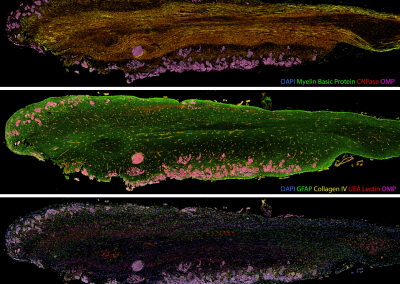
Painting the brain: multiplexed tissue labelling of human brain tissue to facilitate discoveries in neuroanatomy

Detecting anomalous matches in professional sports: a novel approach using advanced anomaly detection techniques

Benefits of linking routine medical records to the GUiNZ longitudinal birth cohort: Childhood injury predictors
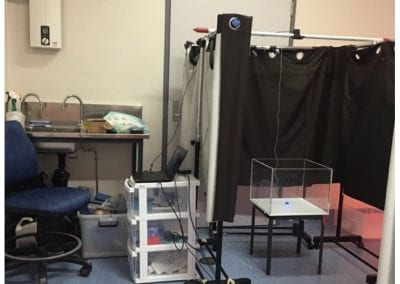
Using a virtual machine-based machine learning algorithm to obtain comprehensive behavioural information in an in vivo Alzheimer’s disease model
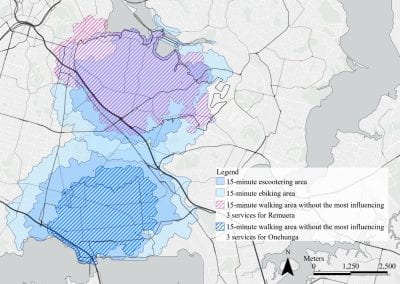
Mapping livability: the “15-minute city” concept for car-dependent districts in Auckland, New Zealand
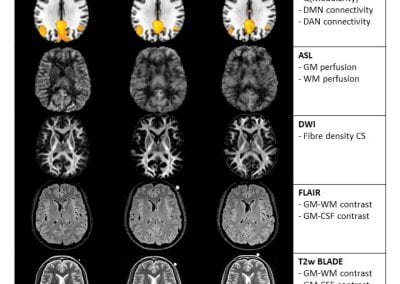
Travelling Heads – Measuring Reproducibility and Repeatability of Magnetic Resonance Imaging in Dementia
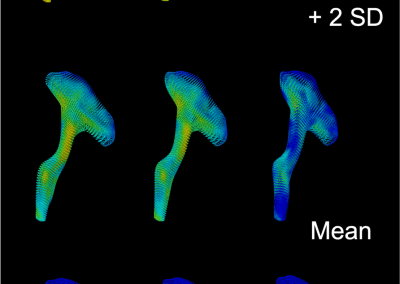
Novel Subject-Specific Method of Visualising Group Differences from Multiple DTI Metrics without Averaging

Re-assess urban spaces under COVID-19 impact: sensing Auckland social ‘hotspots’ with mobile location data
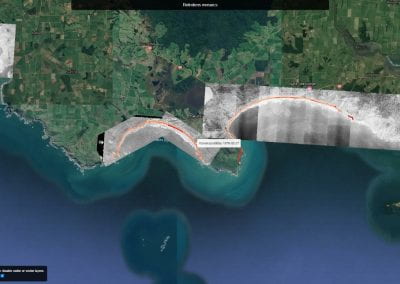
Aotearoa New Zealand’s changing coastline – Resilience to Nature’s Challenges (National Science Challenge)
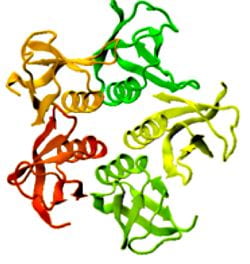
Proteins under a computational microscope: designing in-silico strategies to understand and develop molecular functionalities in Life Sciences and Engineering
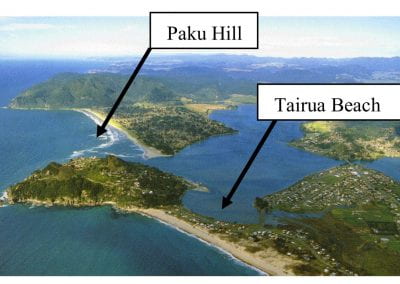
Coastal image classification and nalysis based on convolutional neural betworks and pattern recognition
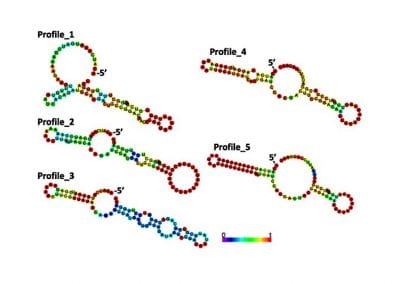
Determinants of translation efficiency in the evolutionarily-divergent protist Trichomonas vaginalis

Development of an online Community Engagement Platform (CEP) to facilitate out-facing collaborative research
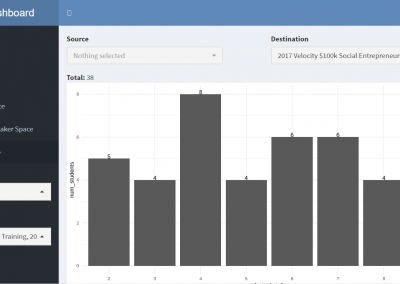
Measuring impact of entrepreneurship activities on students’ mindset, capabilities and entrepreneurial intentions
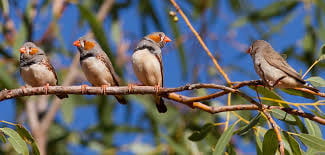
Using Zebra Finch data and deep learning classification to identify individual bird calls from audio recordings
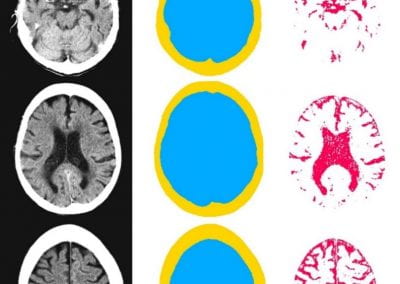
Automated measurement of intracranial cerebrospinal fluid volume and outcome after endovascular thrombectomy for ischemic stroke
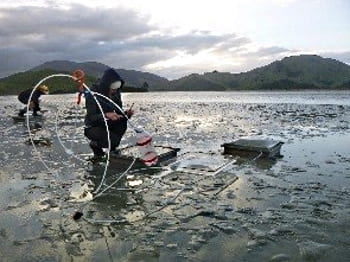
Using simple models to explore complex dynamics: A case study of macomona liliana (wedge-shell) and nutrient variations
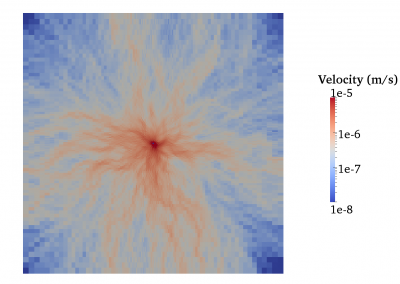
Fully coupled thermo-hydro-mechanical modelling of permeability enhancement by the finite element method
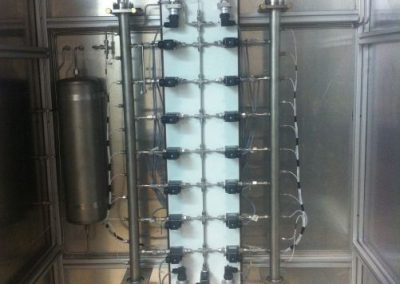
Modelling dual reflux pressure swing adsorption (DR-PSA) units for gas separation in natural gas processing
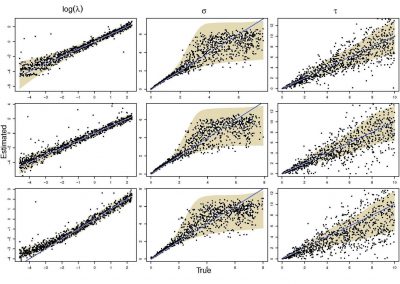
Molecular phylogenetics uses genetic data to reconstruct the evolutionary history of individuals, populations or species
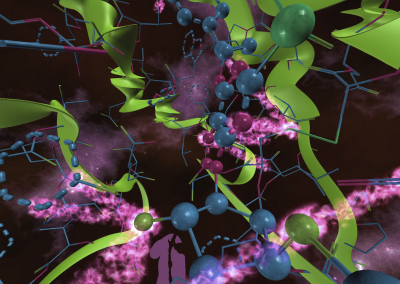
Wandering around the molecular landscape: embracing virtual reality as a research showcasing outreach and teaching tool














